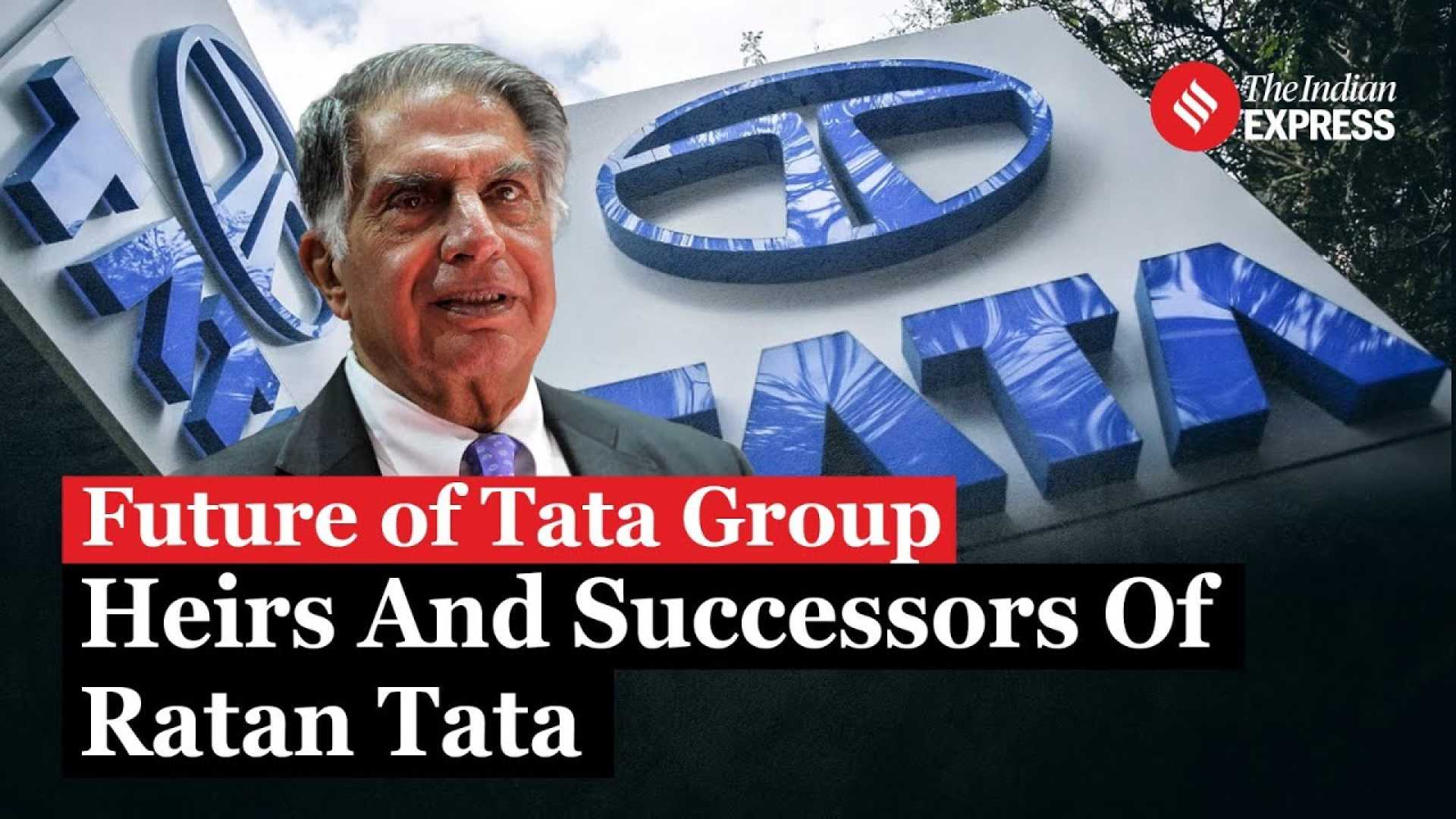Business
Ratan Tata’s Legacy and the Future Leadership of Tata Group

Ratan Tata, a pivotal figure in Indian business history, has passed away at the age of 86. Widely recognized for his transformative role in globalizing and revitalizing the Tata Group, Tata’s leadership marked an era of ambitious expansions and strategic acquisitions. Under his chairmanship, the Tata Group, originally a domestic powerhouse, emerged onto the global stage as a diversified multinational conglomerate.
His tenure was characterized by bold and strategic moves, such as the acquisition of Tetley Tea in 2000. This transaction marked the largest cross-border acquisition by an Indian company at the time. Following this, Tata spearheaded the acquisition of significant British industrial entities including Corus Steel and Jaguar Land Rover. These moves underscored the global ambitions of the Tata Group, seeking to reverse historical economic power dynamics with the United Kingdom.
However, not all of Tata’s ventures were successful. The purchase of Corus, for instance, proved financially burdensome when bought before the 2007 global financial crisis. Similarly, the Tata Nano, marketed as the world’s most affordable car, did not meet consumer expectations in India, primarily due to its “cheap car” image, leading to its eventual discontinuation.
Commenting on Tata’s impact, historian Mircea Raianu noted that these acquisitions symbolized “the empire striking back,” highlighting the growing prowess of Indian companies on the international front. Under Tata’s leadership, the group transformed structurally to support its global ambitions, adopting more centralized management practices to refine oversight and operations, particularly at Bombay House, the group’s headquarters.
Despite the challenges, one of Tata’s significant legacies is Tata Consultancy Services (TCS), which has become India’s most valuable IT services company. The company now plays a crucial role in supporting less profitable Tata ventures, demonstrating the diversified strengths of the Tata Group under his leadership.
Following Tata’s death, the group finds itself at a critical juncture, needing to appoint a successor who will uphold the expansive vision of its predecessor. Noel Tata, Ratan Tata’s half-brother, is believed to be a potential candidate for leadership within the group. Known for his more reserved leadership style, Noel has significantly impacted the group’s retail and international operations through his work with Trent Ltd and Tata International Ltd.
Prime Minister Narendra Modi expressed his condolences to Noel Tata, reflecting on the deep impact Ratan Tata had on the nation. He noted the strong position inherited from his predecessor, having left the conglomerate both financially robust and globally prominent.
As the Tata Group considers its future, attention turns to Noel Tata’s potential as a leader. With significant holdings across the group’s many trusts and responsibilities spanning companies like Trent and Titan, his leadership style may differ from Ratan Tata’s publicly engaging approach, yet his contributions remain integral to the continued success of the Tata enterprises.












